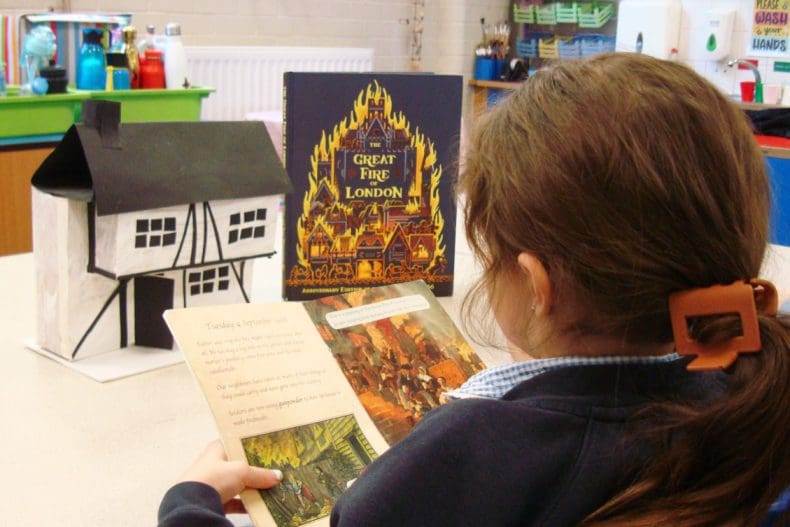
Subject Leader: Mrs Boydell
“A people without the knowledge of their past history, origin and culture is like a tree without roots.” – Marcus Garvey
“The farther backward you can look, the farther forward you are likely to see.” – Winston Churchill
“The more you know about the past, the better prepared you are for the future” -Theodore Roosevelt
Through our History teaching at Allanson Street Primary School, we aim to provide our children with the highest quality education, designed to inspire their curiosity to know and understand more about the past in Britain and the wider world. History helps pupils to understand the complexity of people’s lives, the process of change and the diversity of societies and relationships. It is our hope that through exploring the past and reflecting on how change has occurred over time our children understand the role they can play in creating a better future and the impact they can have on the world we live in today.
We want our children to love History and grow up wanting to be archivists, museum curators, archaeologists or research analysts. We want our children to remember their History lessons in our school, to cherish these memories and embrace the wide range of opportunities they are presented with.
What will our children learn and why?
At Allanson Street Primary School, we shape our History curriculum to ensure it is fully inclusive to every child. Our aims are to fulfil the requirements of the National Curriculum for History by providing a bespoke, broad and balanced curriculum, ensuring the progressive development of historical concepts, knowledge and skills and for the children to develop a love for history.
Our History curriculum equips children with a secure knowledge of significant events and periods in British History and the world around them, encouraging them to interpret primary and secondary sources to understand similarity and difference, continuity and change and cause and consequence from the varied evidence. We also want children to develop historical skills: make connections, draw contrasts, analyse trends, form historically-valid questions and create their own structured accounts
As children develop their understanding of chronology and different time periods, we want them to gain a deeper knowledge of how events in the past have been significant in the development of the modern world we live in today. Throughout their time at Allanson Street, our children’s historical learning will take them on a journey through time, equipping them with knowledge about a range of diverse eras, people, places, societies and cultures. Children across the school will be made aware of historical issues at local, regional, and global levels, which have impacted on the way we live our lives today.
As well as researching British and World History, our history curriculum ensures that every year group has the opportunity to engage in a local history study, through trips within the local area and inviting visitors in to speak to the children. By keeping Parr, St. Helens and Merseyside at the heart of our History curriculum, our children will develop a real sense of pride in their community and develop a greater understanding of their heritage and what makes our local area unique and special.
How will we ensure that our children leave us equipped with the knowledge and skills needed to flourish in the next stage of their learning journey and beyond?
Our History curriculum has been mapped from EYFS to Year 6 to ensure that every child receives a broad, balanced, and progressive curriculum.
History is an essential part of learning in EYFS as it is incorporated in everyday learning through Understanding of the World. The historical aspects of the children’s work relate to the objectives set out in the Development Matters framework.
In Key Stages One and Two, History is taught in line with the National Curriculum as an independent subject once a week across three half terms. It is planned to ensure a rich education in which pupils develop a depth of understanding and a broad range of knowledge, allowing them to make links across concepts and subjects. Each History lesson, across both key stages, is delivered using the same blueprint of ‘Prior Learning’; ‘New Learning’; and ‘Reflection’. Lessons are organised in this way so that children continuously build upon and revisit prior knowledge, ensuring that it is remembered and stored in their long-term memory.
Knowledge organisers are used to scaffold the learning of historical enquiry, interpretation, chronology and knowledge about the past.
Educational visits are a key part of our History curriculum and we encourage all year groups to seek opportunities to plan additional History learning outside the classroom which is related to their current focus.
How will our History curriculum make a difference for our children?
We believe our children will:
- Have thoroughly enjoyed learning about History, ensuring they know and understand more about the past and how it can impact their future.
- Be able to confidently use primary and secondary sources and answer questions such as:
- What does it tell us about this time in the past?
- What was it like? (And why?)
- How and why has it changed?
- How does this time compare with other periods?
- How and why are periods in History connected?
- Have developed the historical knowledge, skills and vocabulary to help them interpret and understand the world around them, how it has changed and how this has impacted on their own lives and identity.
- Use their passion for History to strive to make the world a better place for themselves and others following the legacy of significant events and aspirational people they have learnt about.
- Develop excellent historical skills and ask perceptive questions to further historical understanding.
- Have the ability to express well balanced opinions, rooted in a secure knowledge and understanding of past and current issues in society.
- Develop progressively as they move through the school, not only to enable them to meet the requirements of the National Curriculum but to prepare them to become competent historians in secondary education and for life as an adult in the wider world, recognising they have the power to make a difference in the legacy they create.
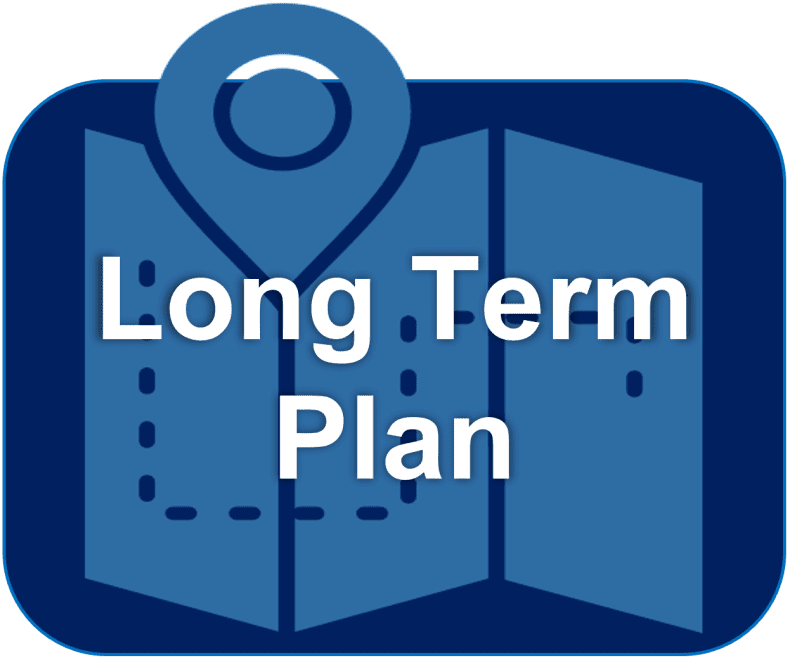 |
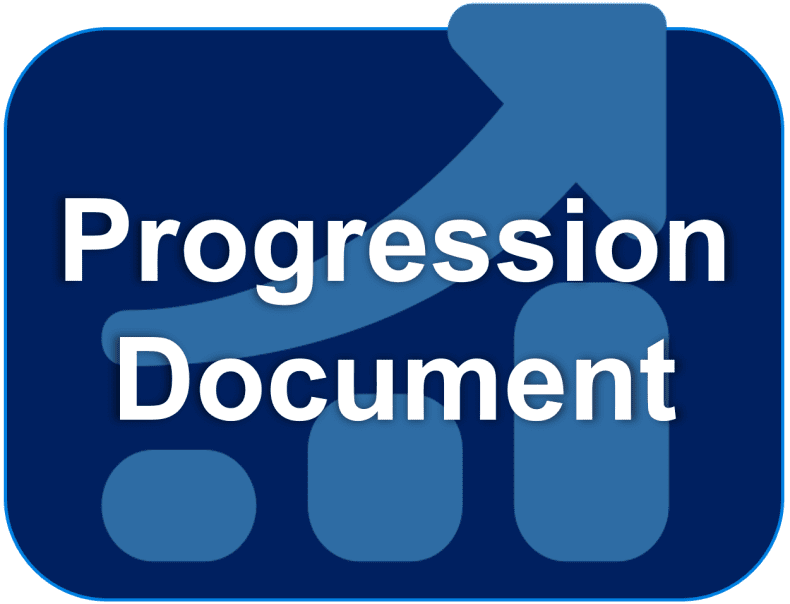 |
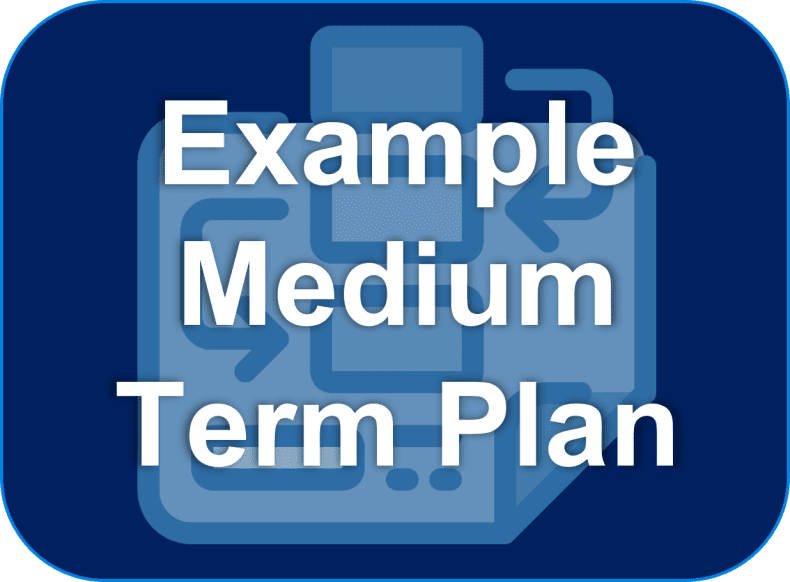 |
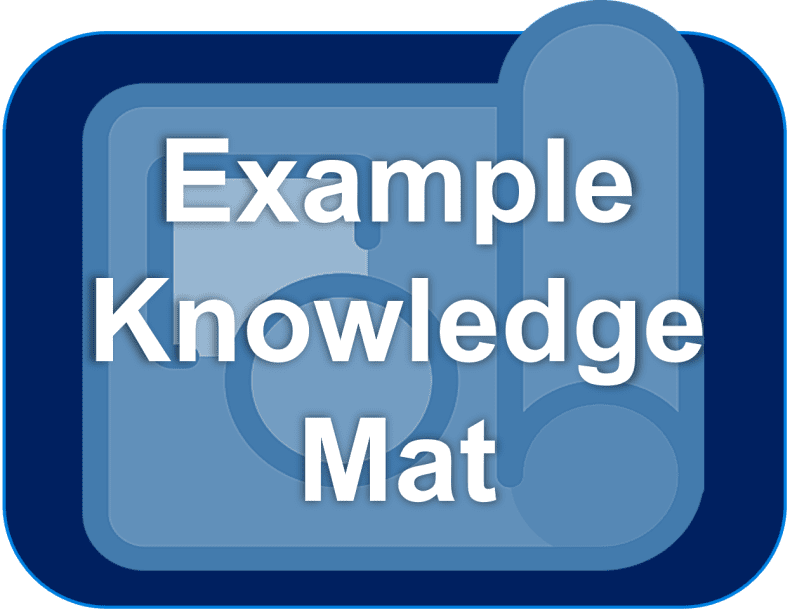 |
*Image Acknowledgements: icons8.com, www.iconfinder.com, nick-fewings-BAZejJdZ57w-unsplash.jpg


